[My Upanishad] Something I Wrote in a Class I Almost Didn’t Take Because It Was Called Lit of the Sacred
Years ago I signed up for a class at Utah Valley University called “Literature of the Sacred,” specifically because my first instinct was to dismiss it. I reconsidered. This wasn’t BYU, after all, and the course description didn’t read like Seminary or Institute (the school-adjacent religious courses I attended as a high school student and during my first semester as an undergrad back in the early 00s).
Maybe this class would help cleanse the bitterness mormonism had left on my tongue for words like “sacred,” “faith,” and “prayer.” Maybe it would be a good companion course to the work I was doing in therapy. I thought of all my classes that way at the time, and clung to my syllabuses like “doctor’s orders,” like a prescription for a new me, or directions back to myself.
I was in awe of my brilliant professor after the first day of “Literature of the Sacred.” The assignments were as fun to investigate as they were healing–I’ve held onto them all, including this one.
After reading from The Upanishads, we were to write our own. Mine explores the question, “What does it mean to be in a body?” At the time it often felt painful to be in my body due to depression and anxiety. But when I read My Upanishad now, I can hear the returning hope and happiness in my voice. I’m so glad I took this class.
U·pan·i·shad /o͝oˈpanəˌSHad/ noun, Hindu sacred treatise Origin: Sanskrit word meaning "sitting near (i.e., at the feet of a master)"
My Upanishad

The child asked the dog: What does it mean to be in a body? The dog replied: It means to itch for scratching fingers, to feel them blessing spine and flank, belly and neck, and that crucial spot behind the ears.
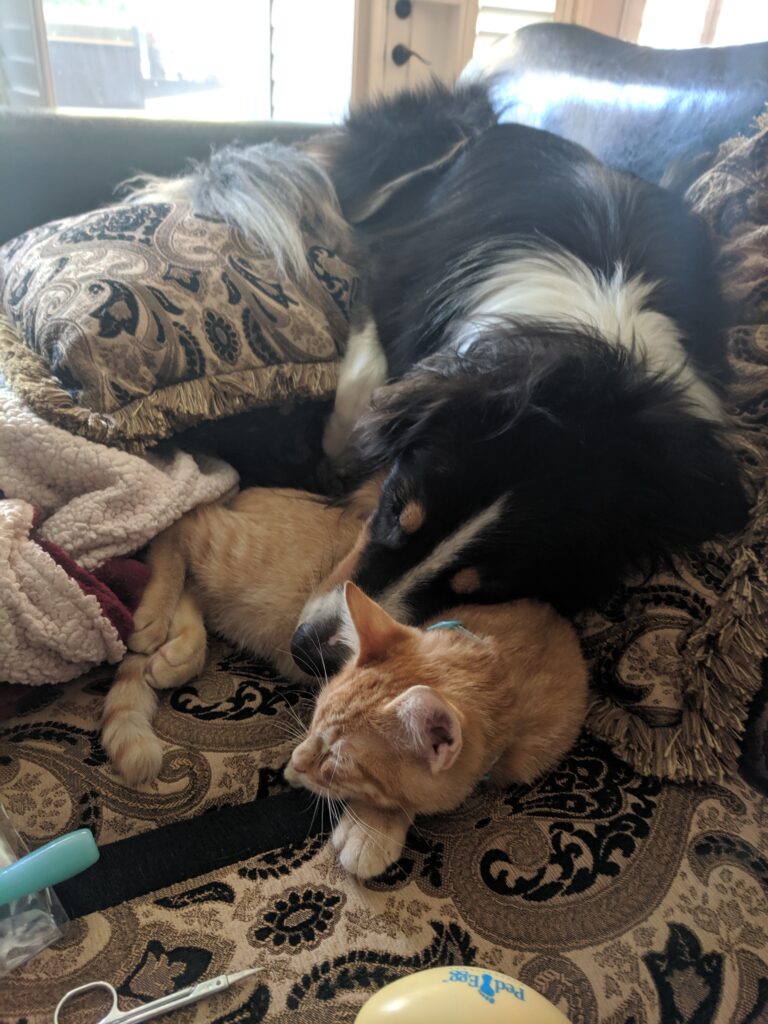
The child asked the cat: What does it mean to be in a body? The cat replied: It means to bask in streams of light, to collect warmth like a small, still pool.

The child asked the parent: What does it mean to be in a body? The parent replied: It means to skirt the limits of mortality, to know the fallibility of flesh and the drive to reproduce it.
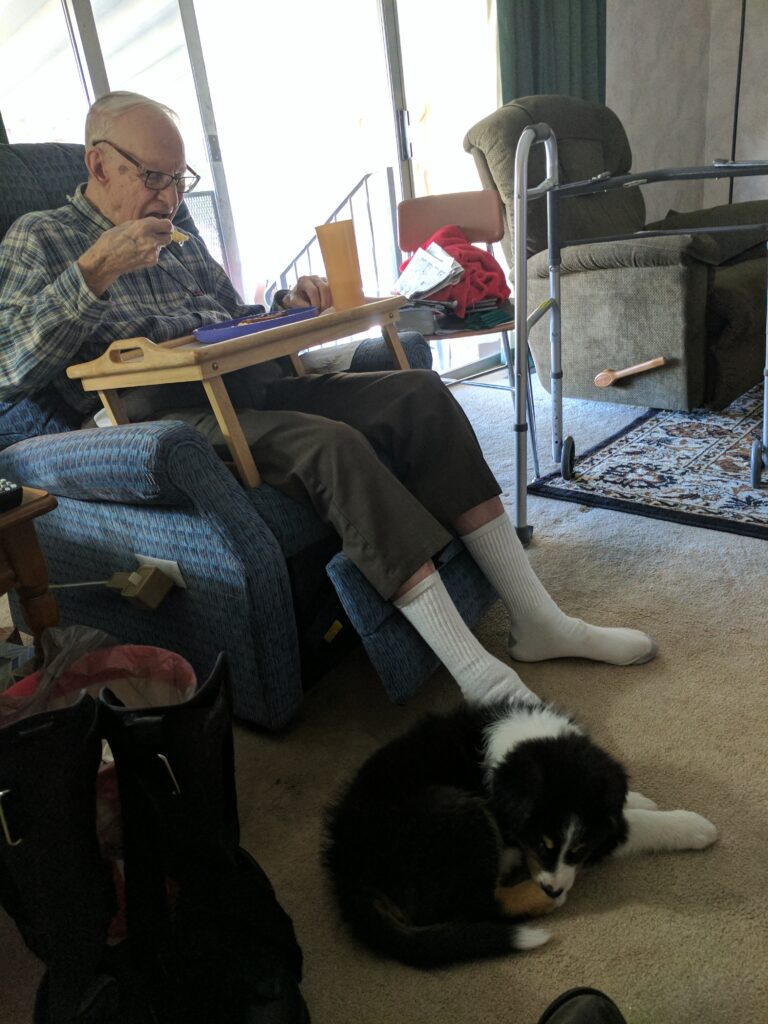
The child asked the grandparent: What does it mean to be in a body? The grandparent replied: It means to see the past in smells, to see ourselves in scenery, and to feel the measure of time within our bones.
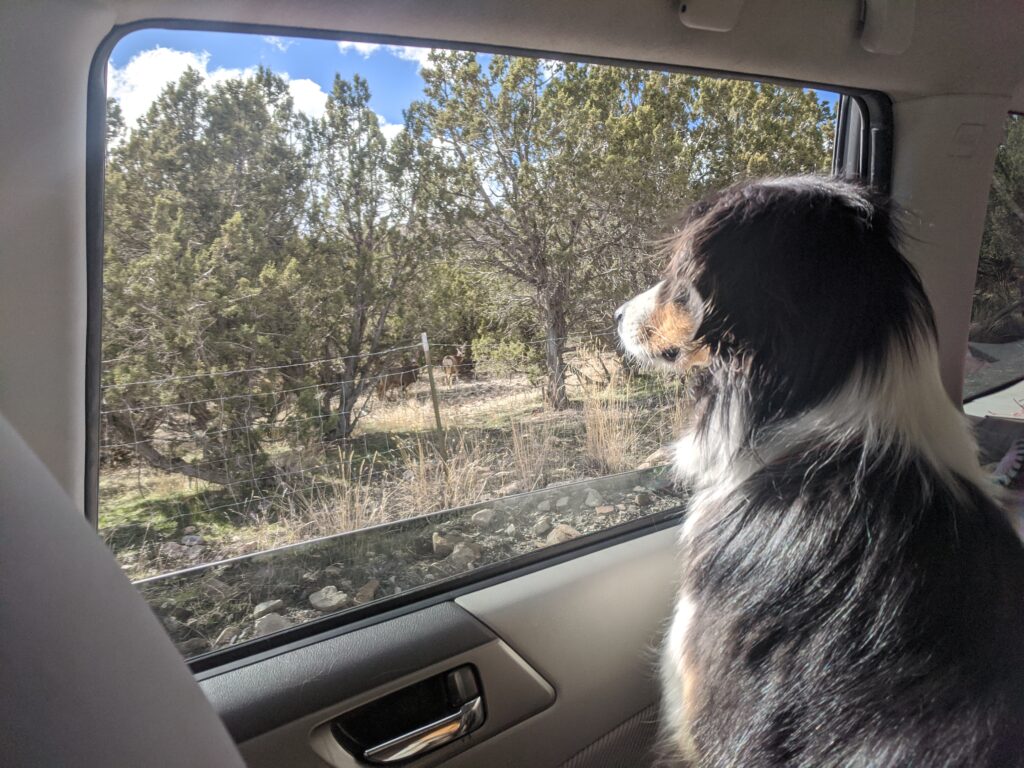
The child asked the tree: What does it mean to be in a body? The tree replied: It means to wonder what the body holds and to question the terror of its jealous grip.
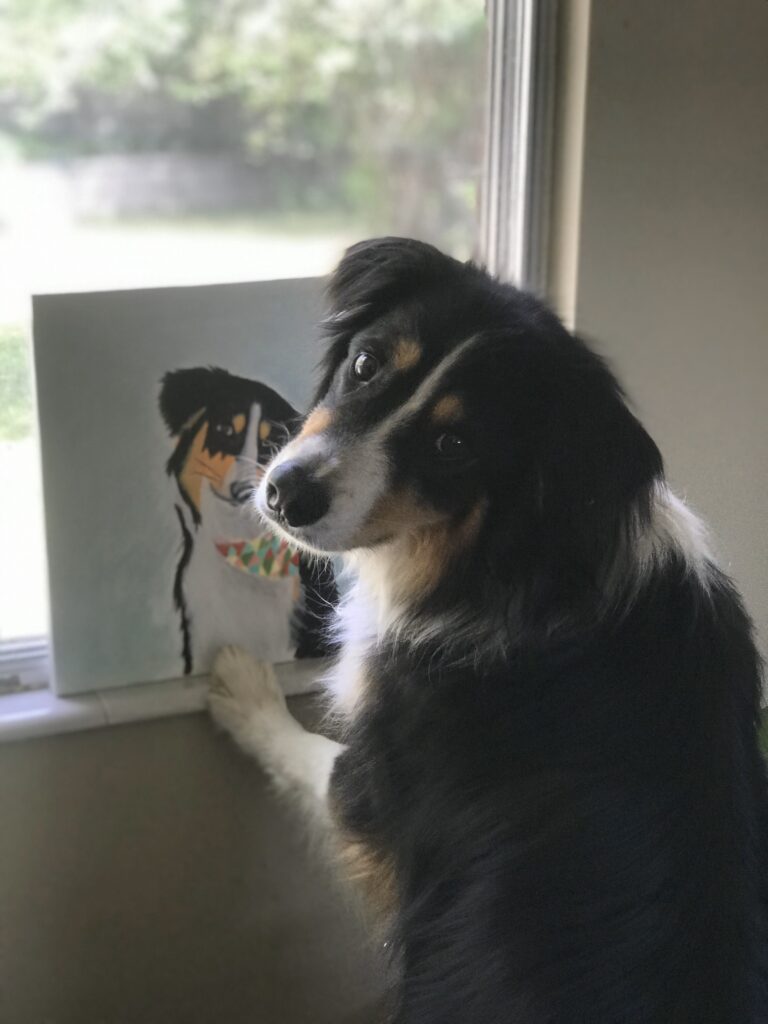
The child asked herSelf: What does it mean to be in a body? And herSelf shivered and replied: It means to see ourSelves in all things, and to strive for an accord.



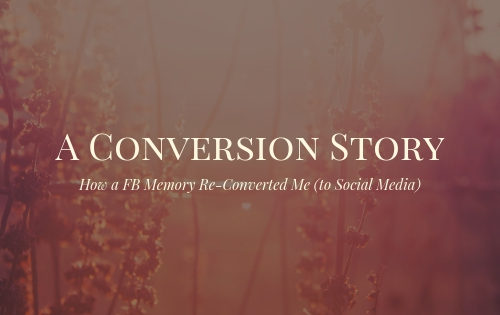

One Comment
Michelle Collett
Thank you for sharing that. It is thought provoking. —Mimi